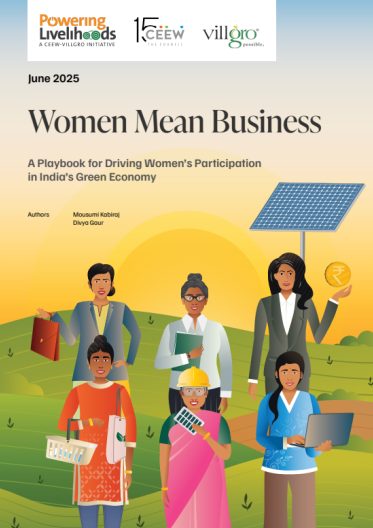“Empowering women and girls and closing gender gaps are critical to realizing sustainable development goals (SDG) and ensuring a good quality of life for all. This is reflected in SDG 5, which aims to ‘Achieve gender equality and empower all women and girls. SDG 5’s targets include ending all discrimination against women and girls, eliminating harmful practices, such as child, early and forced marriage, recognizing and valuing unpaid care and domestic work through the provision of infrastructure and promoting shared responsibility within the household and the family, ensuring women’s effective participation and equal opportunities for leadership at all levels of decision-making, enhancing the use of enabling technologies to promote women’s empowerment and ensuring universal access to sexual and reproductive health and reproductive rights.
The energy sector, and in particular, decentralized systems such as small hydropower (SHP) can facilitate the achievement of these targets. SHP can provide not only sustainable energy but also a steady baseload, which is not always possible with other renewable energy sources such as solar and wind power, which are intermittent. Such reliable power can facilitate positive changes in women’s lives in the communities in which SHP plants are constructed and beyond these communities.
This chapter discusses some of how SHP development is empowering women and girls and closing gender gaps between women and men. Further, it discusses the barriers to women’s participation in the SHP sector and makes some key recommendations for addressing these barriers. It is based on a review of the literature and interviews with various stakeholders in the hydropower sector across Africa, Asia, Latin America and Europe.”
